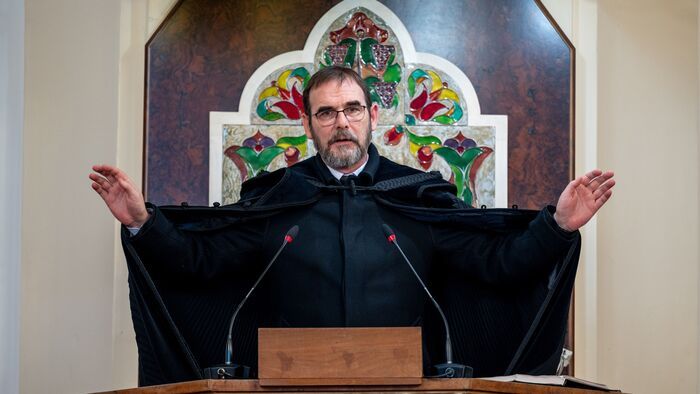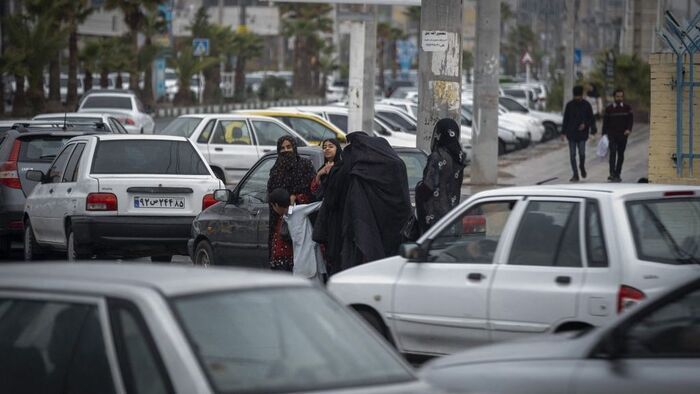While Hungarian authorities apprehended 688 border violators in the first two and a half months of last year, this year the number has already reached 3,790, Gyorgy Bakondi said, emphasizing that combating human smuggling networks requires a high degree of international cooperation, information exchange, and intelligence collaboration.
The firm measures taken last year along the Serbian border section yielded results, as authorities managed to push out the criminal gangs that were also fighting each other, and the migration route changed,
said the chief homeland security advisor, noting that the majority of migrants chose routes across the Bosnia-Herzegovina, Croatia, Slovenia, and Italy.
However, in recent months, a noticeable change has occurred, with the gangs and illegal migrants returning,
he added. Gyorgy Bakondi emphasized that the spring and summer periods are favorable for border violators, and due to various instability factors—such as the situation in Syria or developments in certain African regions—it is unlikely that there will be a drop in migration this year. The events in Ukraine also impact migration, with more than one and a half million people having arrived in Hungary from Ukraine so far.
This process is still ongoing, as military-age individuals or those approaching that age are fleeing,
the chief advisor said. Gyorgy Bakondi stressed that the European Union’s approach to handling illegal migration needs to be reviewed, and countries that now clearly see its negative impacts should unite to push for changes to the migration pact in line with the interests of European citizens.
Cover photo: Gyorgy Bakondi, the Hungarian PM's chief homeland security advisor (Photo: MTI)























Szóljon hozzá!
Jelenleg csak a hozzászólások egy kis részét látja. Hozzászóláshoz és a további kommentek megtekintéséhez lépjen be, vagy regisztráljon!